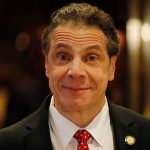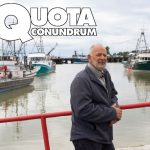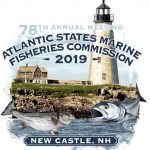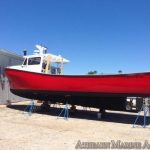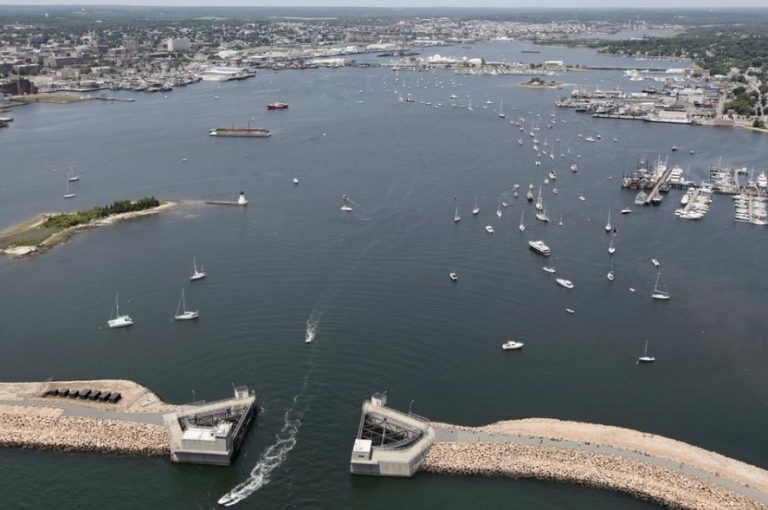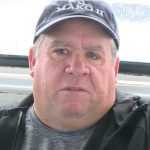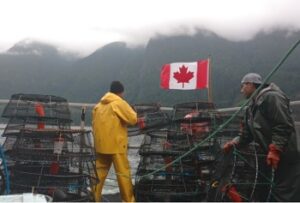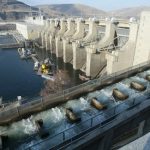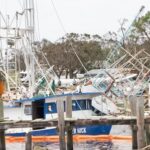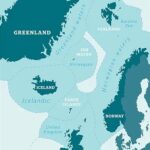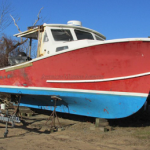FISH-NL calls for IMMEDIATE ACTION on northern cod, including moratorium on seismic; harvest of more seals

The Federation of Independent Sea Harvesters of Newfoundland and Labrador (FISH-NL) recommends Ottawa follow scientific advice on northern cod and restrict removals from all sources to the lowest possible level until the stock clears the critical zone.
FISH-NL also calls for an immediate freeze to all scheduled offshore seismic activity off the province’s east coast, support for the taking of the entire seal quota, the introduction of tags in the food fishery, and the ordering of an independent review of “epic” federal fisheries mismanagement in the Newfoundland and Labrador region.
“It would be utterly useless, and an insult to inshore harvesters for the federal government to solely introduce restrictions to the commercial fishery when their own scientists say fishing isn’t the problem,” says Ryan Cleary, President of FISH-NL.
“Ottawa must address all elements of the current fisheries crisis. Fishing nations around the world have their eyes on Canada and northern cod to see if they screw this up again,” he added.
“It’s not too late for the Government of Canada to do the right thing, and redeem itself in the eyes of the province and the world.”
The federal Department of Fisheries and Oceans (DFO) held a meeting in St. John’s this week to gather advice on the 2018 northern cod management plan.
The advisory meeting follows news in March from DFO’s scientists that the cod stock had declined about 30 per cent from 2017-2018. Scientists say the stock is in far worse shape today than in 1992 when the moratorium was called. They also predict the stock will continue to decline in 2019, even with zero fishing effort.
Recommendations put forward during this week’s advisory meeting included eliminating the 2018 food/recreational fishery entirely, and cutting commercial cod catches by as much as half — to 5,700 tonnes this year from 12,200 tonnes landed in 2017.
The advice will be passed on to federal Fisheries and Oceans Minister Dominic LeBlanc, who is expected to unveil this year’s northern cod management plan in the coming weeks.
FISH-NL recommends an immediate suspension of seismic work in waters off Newfoundland and Labrador — a recommendation it first made in June 2017.
At the time, a new report suggested the intense acoustic signals used in oil and gas exploration cause significant damage to zooplankton populations that are critical elements of the marine food chain. FISH-NL’s request was turned down by the Canada/Newfoundland and Labrador Offshore Petroleum Board.
In 2017, the amount of seismic activity off Newfoundland and Labrador was described as “super sized,” with the Dwight Ball administration acknowledging only this week it ordered Nalcor to spend $20 million on seismic last year alone.
In terms of the impact on northern cod of the estimated 7.4 million harp seals off the province’s east coast, inshore harvesters call for immediate action.
FISH-NL supports 100 per cent utilization of the animals (as opposed to a cull), and advises Ottawa to encourage/support the harvest of the entire 400,000 quota (only about 70,000 were taken last year), and plan to further expand the hunt.
FISH-NL also recommends Ottawa move to increase the number of commercial sealing licences.
As for the food/recreational fishery, FISH-NL advises Ottawa to introduce a tagging system to keep track of removals. Ottawa estimates just over 12,200 tonnes of northern cod were taken in the 2017 commercial fishery, but there are no estimates on the total take from the food fishery.
Finally, FISH-NL reiterates its call for an independent investigation of the “epic” mismanagement of northern cod, including the relationship between DFO and the FFAW-Unifor.
The 2016/17 northern cod management plans were developed — not by DFO, which has the constitutional responsibly — but by a private entity led by the FFAW-Unifor and west coast Newfoundland fish processor Bill Barry.
The so-called Groundfish Industry Development Council (GIDC) developed the management plans (which included the elimination of IQs or individual quotas in favour of weekly limits) with zero input from inshore harvesters.
DFO abdicated its management responsibility, and the GIDC (chaired by Jim Baird, a retired DFO director general for the NL region) devised a plan that resulted in further stock decline. Baird did not attend this week’s advisory meeting.
Said Cleary, “The federal government abdicated its constitutional responsibility for fisheries management, resulting in a management plan that once again failed the fish, failed our rural communities, and failed our inshore harvesters.”
Contact: Ryan Cleary 682 4862

































